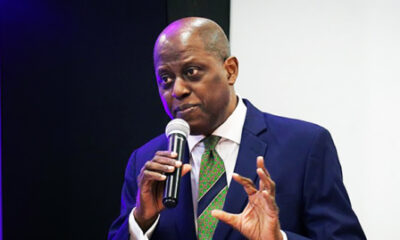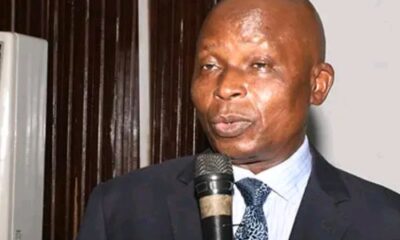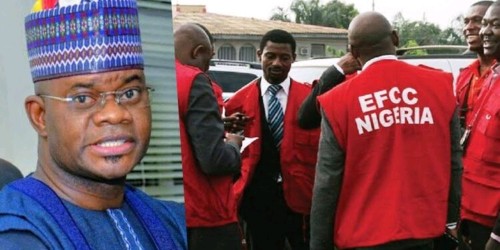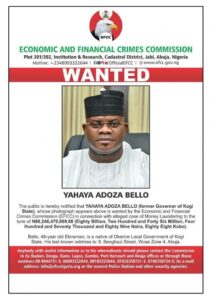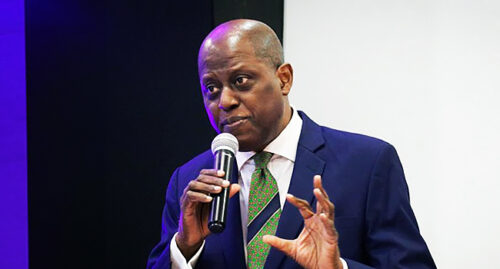The International Monetary Fund (IMP) has noted that the non-oil sector of the Nigerian economy could be stronger, benefitting from its recent growth momentum, higher production from the new Dangote Refinery, and supportive credit policies.
In IMF’s Executive Board 2021 Article IV Consultation with Nigeria released recently, the global organization added that Nigeria’s ratification of the African Continental Free Trade Agreement could also yield a positive boost to the non-oil sector while oil production could rebound, supported by the more generous terms of the Petroleum Industry Act.
According to the IMF, Nigeria exited the recession in the fourth quarter of 2020 and its output rose by 4.1 percent (y-o-y) in the third quarter, with broad-based growth except for the oil sector, which is facing security and technical challenges.
While growth was projected at 3 percent for 2021, it stated that headline inflation rose sharply during the pandemic, reaching a peak of 18.2 percent year-on-year (y-o-y) in March 2021, but has since declined to 15.6 percent in December.
The institution attributed this to the new harvest season and opening of land borders, although it noted that the reported unemployment rates (end 2020) have yet to come down. It, however, confirmed that more recent COVID-19 monthly surveys have shown that employment was back at its pre-pandemic level.
“Despite the recovery in oil prices, the general government fiscal deficit is projected to widen in 2021 to 5.9 percent of GDP, reflecting implicit fuel subsidies and higher security spending,” the Fund said. “Moreover, the consolidated government revenue-to-GDP ratio at 7.5 percent remains among the lowest in the world.
“After registering a historic deficit in 2020, the current account improved in 2021, and gross FX reserves have improved, supported by the IMF’s SDR allocation and Eurobond placements in September 2021.
“Notwithstanding the authorities’ proactive approach to contain COVID-19 infection rates and fatalities and the recent growth improvement, socio-economic conditions remain a challenge. Levels of food insecurity have risen, and the poverty rate is estimated to have risen during the pandemic.”
The directors highlighted the urgency of fiscal consolidation to create policy space and reduce debt sustainability risks and called for significant domestic revenue mobilization.
“They noted that exchange rate reforms should be accompanied by macroeconomic policies to contain inflation, structural reforms to improve transparency and governance, and clear communications regarding exchange rate policy.
“Directors considered it appropriate to maintain a supportive monetary policy in the near term, with continued vigilance against inflation and balance of payments risks. They encouraged the authorities to stand ready to adjust the monetary stance if inflationary pressures increase,” the consultation noted.
“Directors recommended strengthening the monetary operational framework over the medium term – focusing on the primacy of price stability – and scaling back the central bank’s quasi-fiscal operations. Directors welcomed the resilience of the banking sector and the planned expiration of pandemic-related support measures. They agreed that while the newly launched eNaira could help foster financial inclusion and improve the delivery of social assistance, close monitoring of associated risks will be important. They also encouraged further efforts to address deficiencies in the AML/CFT framework.
“Directors emphasized the need for bold reforms in the trade regime and agricultural sector, as well as investments, to promote diversification and job-rich growth and harness the gains from the African Continental Free Trade Agreement. Improvement in transparency and governance are also crucial for strengthening business confidence and public trust. Directors called for stronger efforts to improve the transparency of COVID-19 emergency spending,” the IMF added.

 BIG STORY4 days ago
BIG STORY4 days ago
 BIG STORY4 days ago
BIG STORY4 days ago
 BIG STORY2 days ago
BIG STORY2 days ago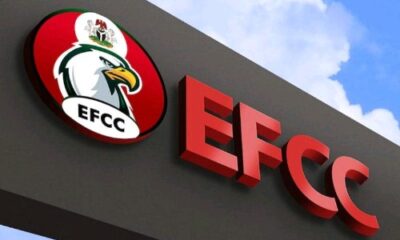
 BIG STORY4 days ago
BIG STORY4 days ago
 BIG STORY2 days ago
BIG STORY2 days ago
 BIG STORY3 days ago
BIG STORY3 days ago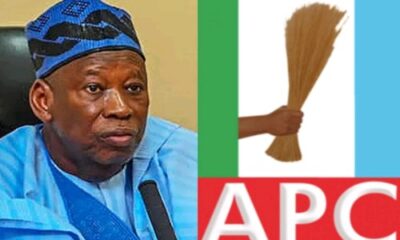
 BIG STORY2 days ago
BIG STORY2 days ago
 BIG STORY3 days ago
BIG STORY3 days ago








